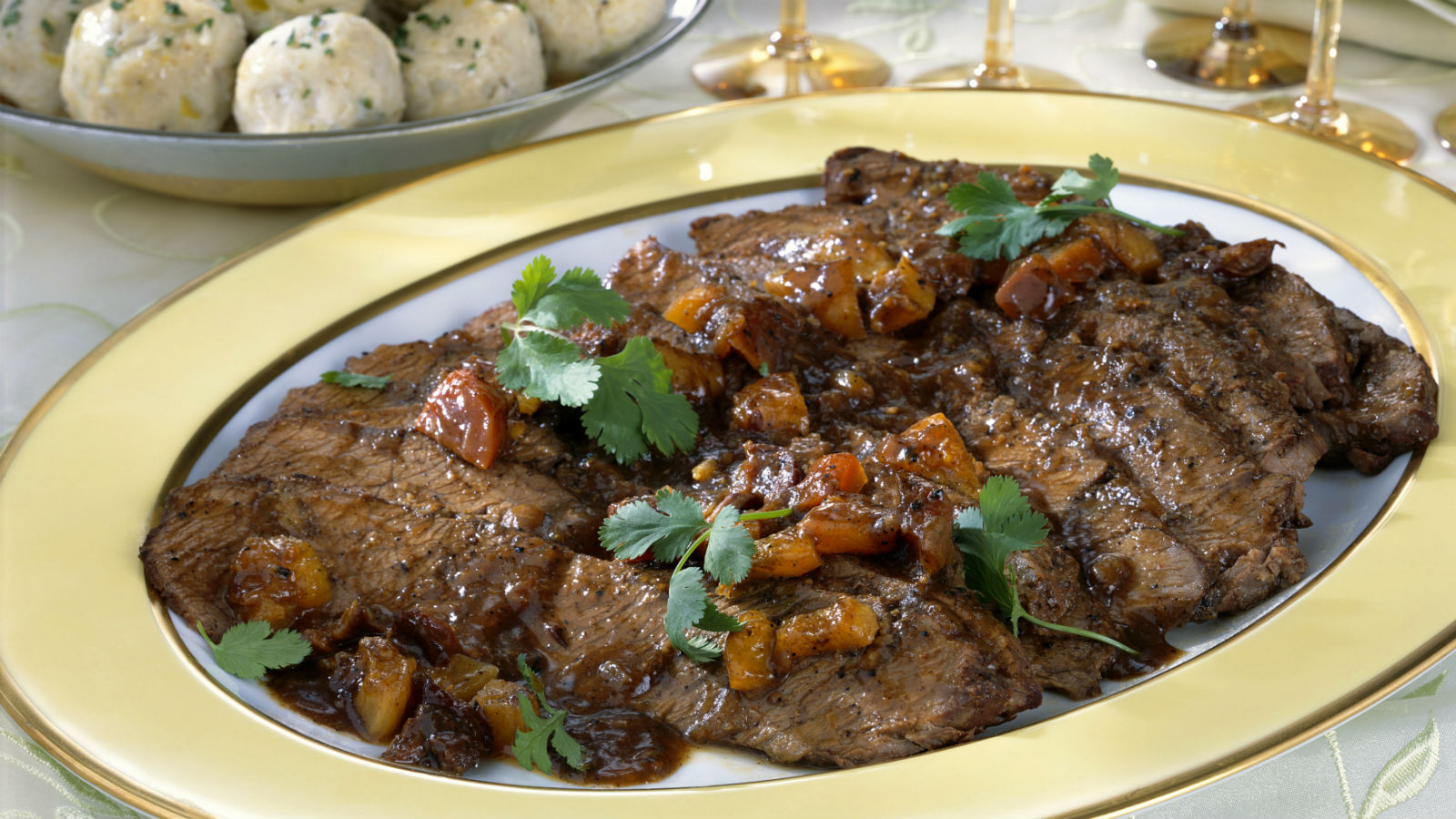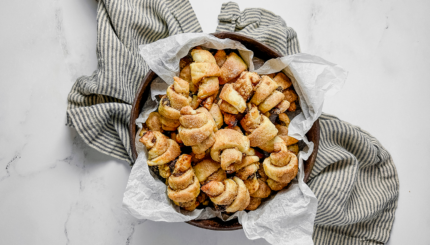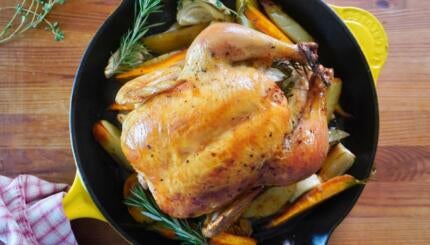For some people, August and summer months are all about cocktails, family time, and beach vacations. For me, it means the race is on to fill my freezer with as much holiday food as I can: 12 challahs, 6 babkas, gallons of soup, and brisket to feed at least 50 people. My secret for being holiday-ready is that I cook in advance and freeze everything, thus making my work when the actual holiday arrives all the more seamless.
You can easily have the key components of your High Holiday menu frozen many weeks beforehand. The goal is for your meals to look like you spent the entire week leading up to a holiday toiling in the kitchen, when in fact, you barely broke a sweat.
You might be wondering, but why do I want to cook in advance and freeze, as opposed to just making everything fresh? There are a couple of good reasons why I believe in this approach. First, there’s significantly fewer pots, pans, cutting boards, prep bowls, and knives to clean after serving a big meal, when all the major cooking and prep has already been done. It can also be really stressful to host holiday meals, and so doing a lot of the cooking in advance gives you an opportunity to actually enjoy the meal, the holiday, and your friends and family. Freezing also prevents your food from going bad while preserving nutrients. And finally, your guests will be super impressed — and who doesn’t want that?!
Some general food freezing tips:
The Nosher celebrates the traditions and recipes that have brought Jews together for centuries. Donate today to keep The Nosher's stories and recipes accessible to all.
- Wrap each dish or baked good very well to reduce exposure to oxygen.
- Label your container, describing what is in the container and also an “eat by” date. I suggest using masking tape and a Sharpie marker.
- Buy containers in different sizes and indicate the number of servings on the label.
- Use freezer bags when you can because you can squeeze all of the air out of them and they take up less space.
- Do not freeze foods for longer than 3 months.
- Once thawed, food should be eaten within 24 hours.
- If something has become freezer burned, cutaway the affected area — it’s not unsafe to eat, but it won’t taste as good.
- Frozen foods are best thawed in the fridge so remove frozen items at least 36 hours before you need to serve them.
Challah and Breads
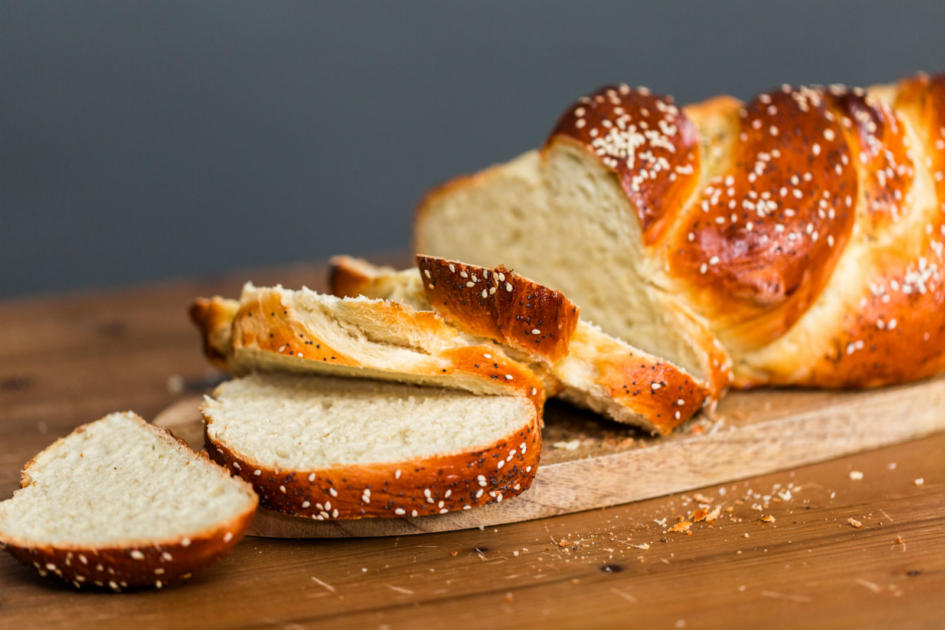
- When baking challah with the intention of freezing, take care not to over-bake>.
- Allow the loaves to cool completely before wrapping them in plastic wrap or parchment, and then a second layer in tin foil.
- When ready to serve, remove them from the freezer at least 5 hours ahead of time. Reheat in a 300-325°F oven for about 20 minutes, or until warm to the touch. They will taste fresh-baked.
- Frozen challah loaves can last 2-3 months in the freezer.
Chicken Soup and Matzah Balls
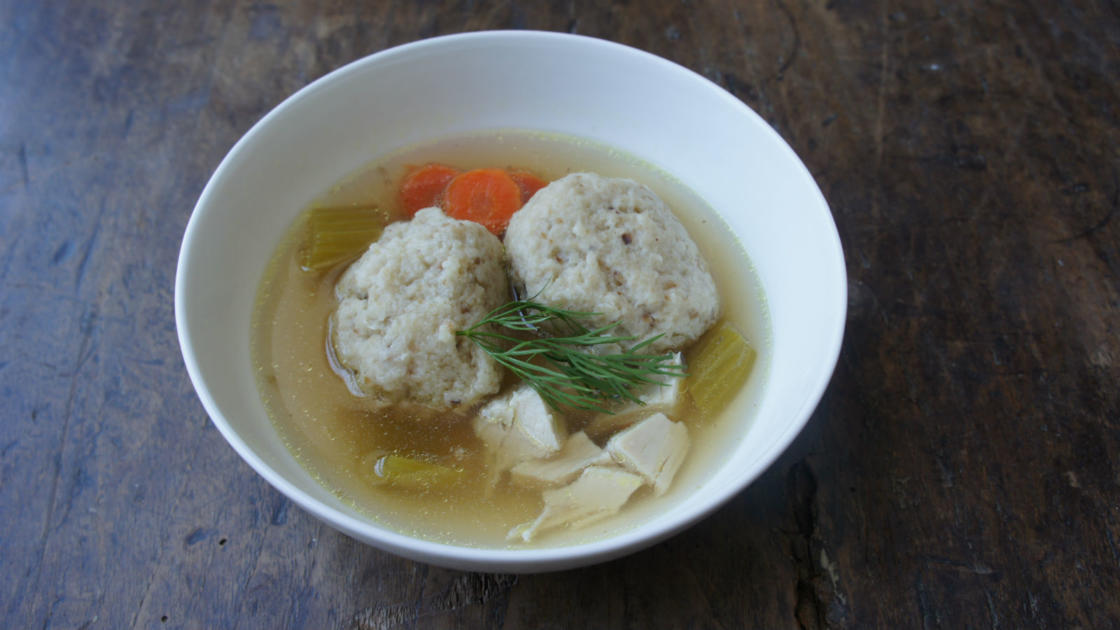
- Making an extra-large batch of chicken soup will save you time later, so invest in a good quality, extra-large stockpot.
- Freeze soup in medium-sized containers for better portioning, not to mention the very large ones take days to thaw. It’s also nice not to have the use all the soup at once — this will make having soup for multiple holidays easier.
- Cook matzah balls and when cool, freeze on a cookie sheet without touching and then transfer to a freezer bag. Reheat in the soup for about 15 to 20 minutes. You can also freeze matzah balls together with the soup.
Kreplach, Dumplings, Knishes and Kugel
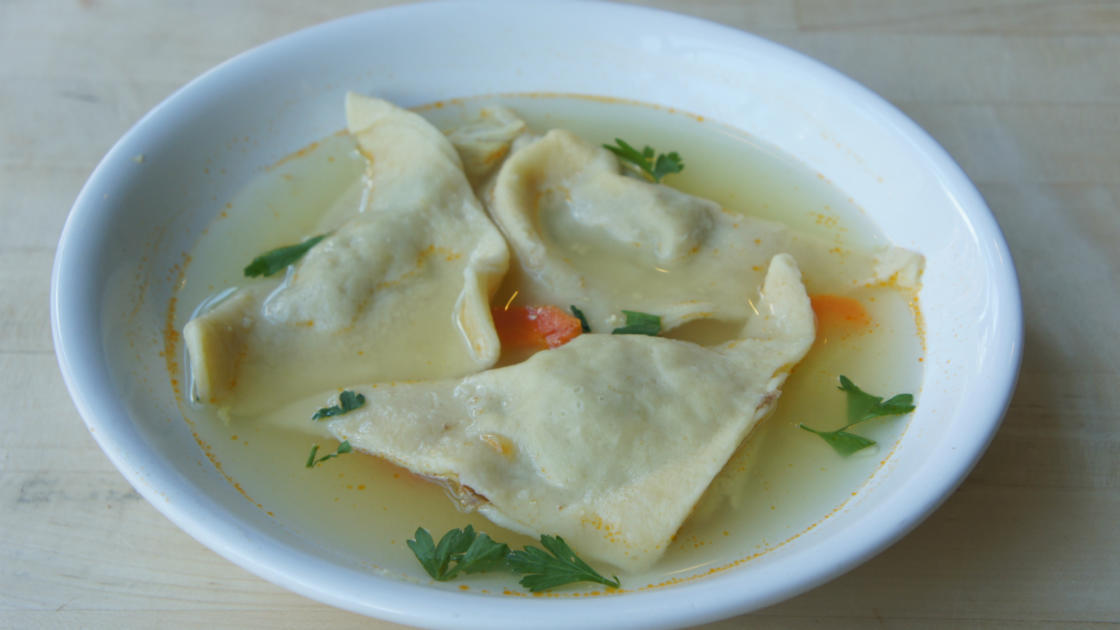
- Freeze kreplach or dumplings on a cookie sheet and then place into a freezer bag or container after they are fully frozen. This method ensures they won’t stick together.
- Bake kugels in disposable aluminum pans and freeze after they are fully baked and cooled, wrapped in foil.
- Freeze knishes either fully baked and cooled, or after assembly (but before baked), on a cookie sheet and then toss into a freezer bag.
Meat Stews and Brisket
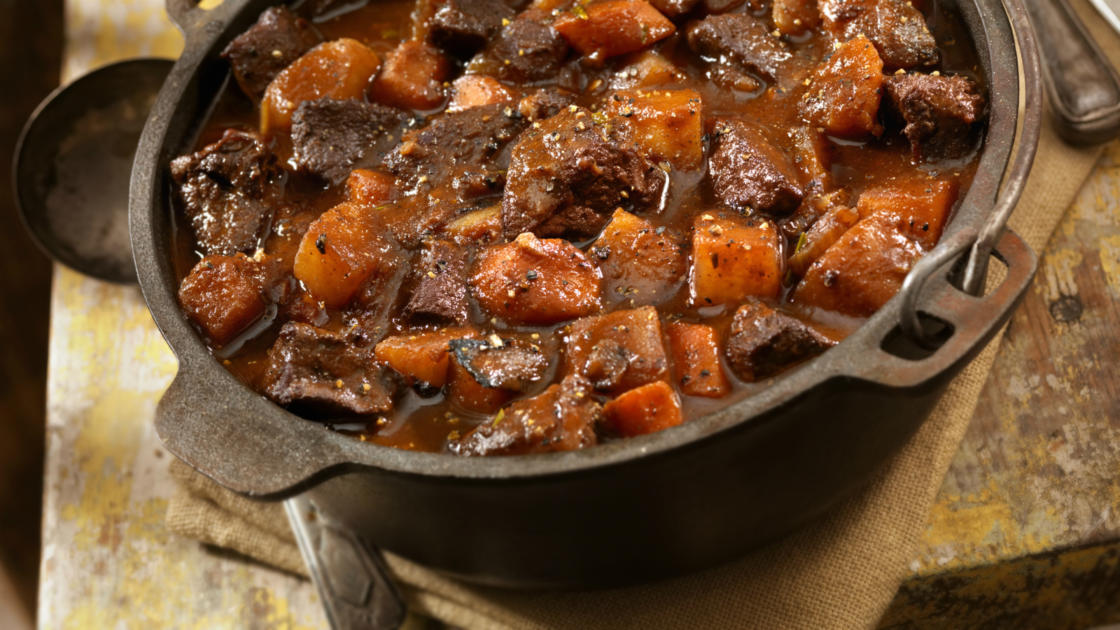
- Meat dishes that are cooked in sauces always freeze well.
- Before freezing, make sure to chill the dish in the fridge so that you can remove the fat. The fat spoils before the dish does, so remove the fat to extend the freezer life of your dish.
Blintzes
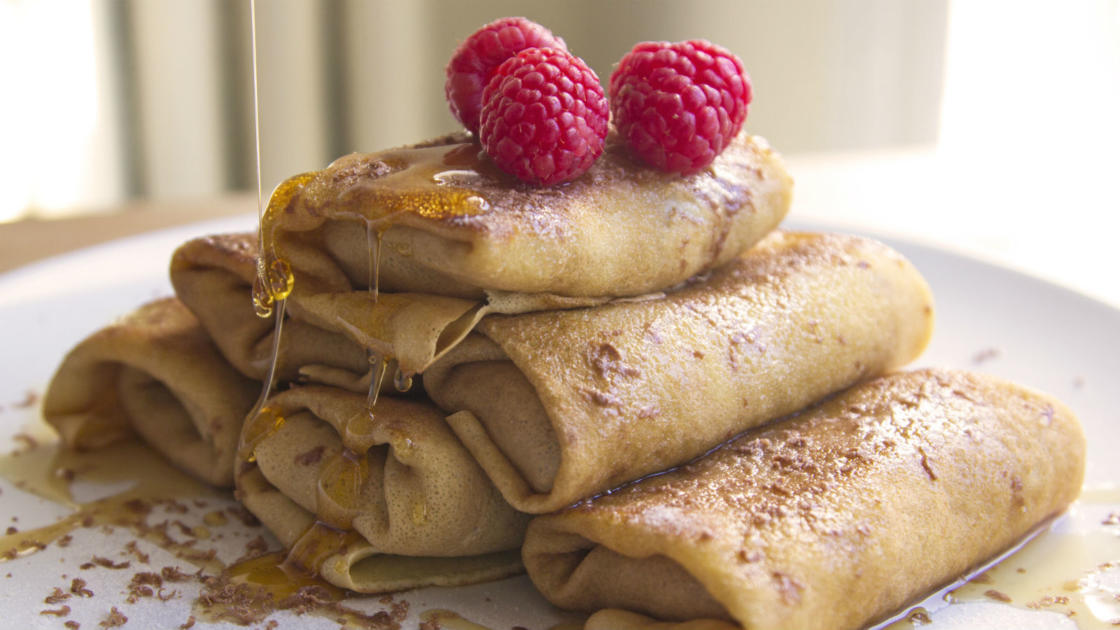
- Freeze blintzes rolled up with the filling in an aluminum pan with space between them.
- Place parchment paper between blintz layers.
- Cook blintzes in a pan with butter straight from the freezer, no need to defrost ahead of time.
Baked Goods
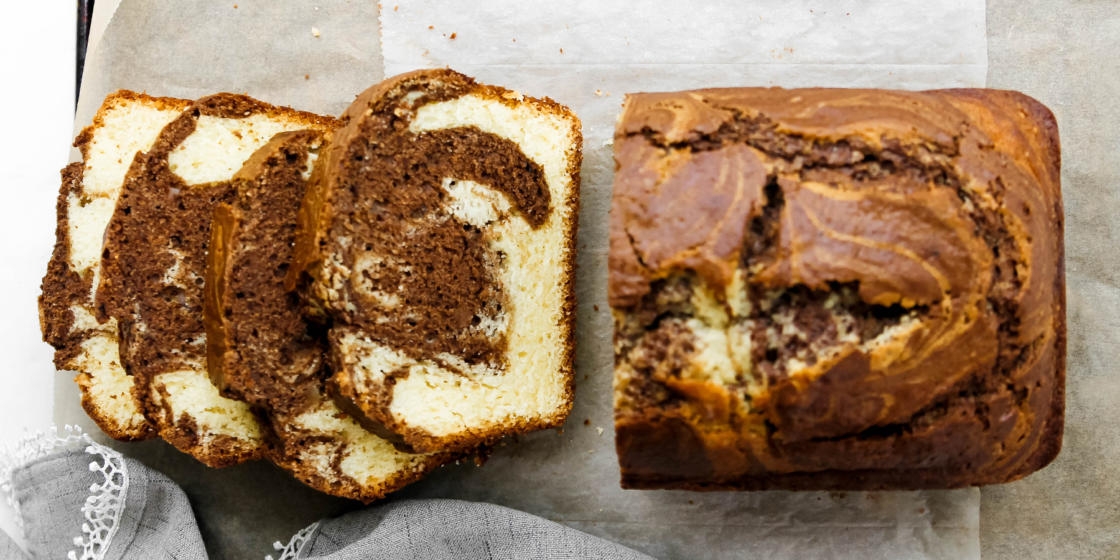
- Don’t freeze baked goods more than once — if you freeze, unfreeze, and try to refreeze again, they won’t taste good.
- Breads and baked goods need 4 – 6 hours to thaw on the counter.
- Never freeze cakes with fruit inside — they just become mush when thawed. Basic one-bowl and sponge cakes, chocolate babkas, coffee cakes (sans fruit), and cake layers freeze beautifully.
- Never freeze cakes that having a glaze or icing — you can glaze or ice cake after thawing.
- Store cookies between layers of parchment or freeze on a cookie sheet and then store in a freezer bag.
- Place cookie dough on parchment or plastic wrap and roll into a log. Freeze and slice and bake as desired.
- Mandelbread and rugelach are best fully baked and then frozen.
